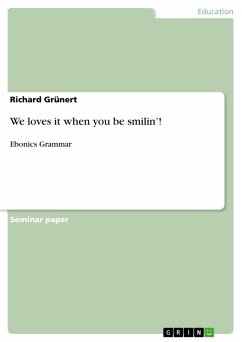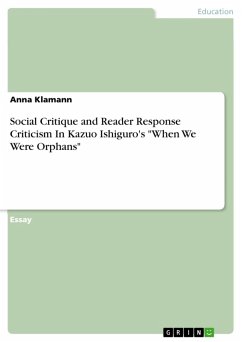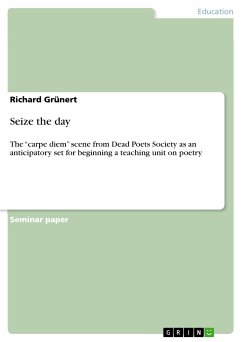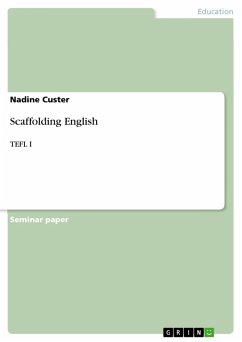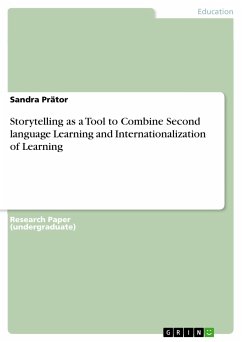Seminar paper from the year 2009 in the subject Didactics for the subject English - Pedagogy, Literature Studies, grade: 15 Punkte, Justus-Liebig-University Giessen (Department of English), course: Grammar in the english foreign language classroom, language: English, abstract: Ebonics is probably the most popular and widespread linguistic phenomena in the world today. This is mainly due to the fact that American music is a worldwide predominant cultural reality. Black American music with its inherent linguistic characteristics, by the same token, looms large within that heritage. In this paper I will commence with a description of the term "Ebonics" and some information on the scientific state of affairs concerning its origins. Then I will proceed to some phonological aspects and conclude with a short look at its grammatical structure and idiosyncrasies. African-American English, the linguistic variety spoken by many African Americans in the United States of America, is a system with specific rules for combining sounds to form words, phrases and sentences. The first researchers who took an interest in this called it "Non-Standard Negro English", "Negro dialect" or "American Negro speech". However, because of the growing objections to the term Negro, other terms had to be found - parallel to the changes - in referring to black people. But even though the terms "African-American Vernacular English" (AAVE), "Black communications", Black dialect", "Black English", "Black Vernacular English", "African American language", "African American English" and, as Stanford Afro-American Linguist John Baugh named it, "Black Street Speech" (Baugh, 1983: 11), have all been used to label this variety over the past forty years, the word "Ebonics" (a blend of ebony and phonetics that was created in 1973 by a group of black scholars) is probably the most popular one today. This essay is to be understood as a brief survey on its grammatical and linguistic features.
Dieser Download kann aus rechtlichen Gründen nur mit Rechnungsadresse in A, B, BG, CY, CZ, D, DK, EW, E, FIN, F, GR, HR, H, IRL, I, LT, L, LR, M, NL, PL, P, R, S, SLO, SK ausgeliefert werden.

